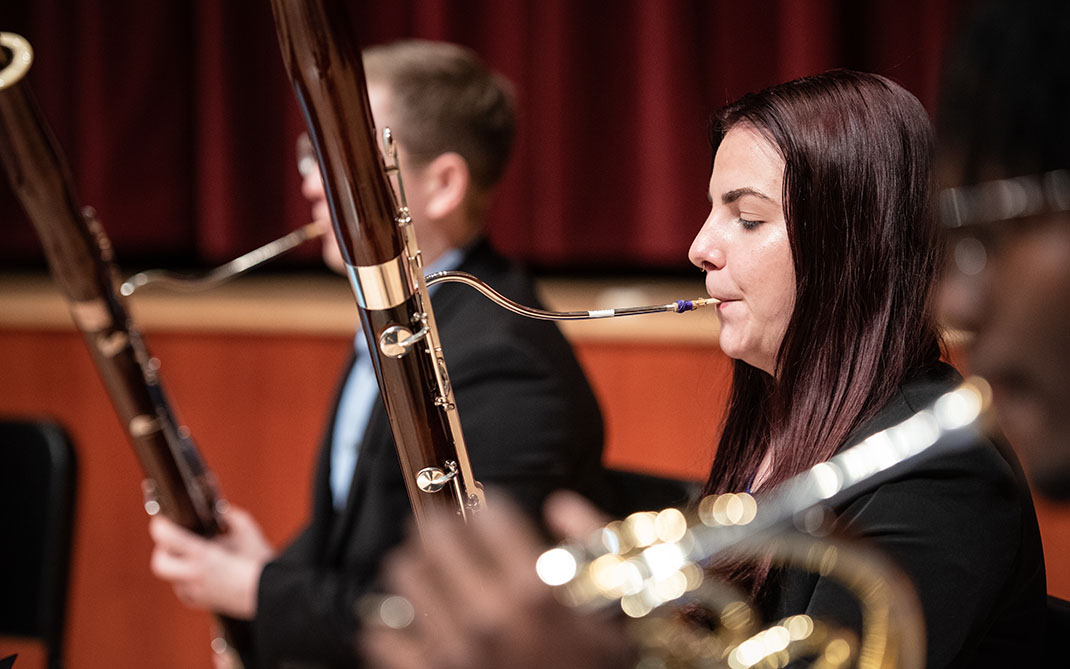Recommendations and Strategies for Working with Minors
Recommendations and Strategies for Working with Minors
Strategies, recommended best practices, policy guidelines for working with minors.
Disclaimer
This section contains general guidelines and information. It is not intended to be a comprehensive summary or to address all possible applications of, or exceptions to, the topics described herein. Various scenarios and issues are covered, but please note that these are to be used as a tool for further guidance and do not represent an exhaustive list of possible scenarios and topics that program staff may encounter.
- If possible, do not be alone with a single minor. In general, it is expected that activities where minors are present will involve two or more adults.
- If one-to-one interaction is absolutely required, meet in open, well-illuminated spaces or rooms with windows observable by other adults unless the one-to-one interaction is expressly authorized by the Program Director, a Dean, a Department chair, or if the interaction involves a health care provider providing health care services.
- If you need to check on a minor in a private area such as a dorm room, locker room, or restroom, bring another adult along.
- Younger minors should be accompanied to the restrooms by an adult or buddy.
- Older minors (high school) should either utilize a buddy system or have a check in/out system to ensure they return in an appropriate time and are not at risk.
- If you are supervising minors, keep your attention on them.
- Avoid using your personal electronic devices or engaging in conversations with others not participating in the supervised activity.
- Complications often arise when minors are released for the day. Avoid transportation complications by:
- Knowing who is authorized, and not authorized, to pick up each minor.
- Obtain a written statement if the minor is to be released to someone other than those persons designated on the application form (this person should bring identification).
- Have parents sign a transportation form stating whether a minor is also allowed to walk, bike, or use public transportation to and from the program.
- Do not release a minor to anyone younger than 18 years of age or to anyone who arrives intoxicated or questionably under the influence of alcohol or drugs
- Do not deny a parent access to a minor unless a copy of a court order restraining the parent from the minor is on file.
- If you believe a minor may be in danger, contact law enforcement immediately.
- Unless you have written permission from a parent or guardian, do not transport a minor yourself.
- When transporting minors as part of the activities associated with the program, more than one member of the program staff should be present in the vehicle, except when multiple minors will be in the vehicle at all times during the transportation.
- Avoid using personal vehicles if possible.
- UNCSA does not tolerate the use or possession of illicit drugs.
- Do not provide illicit drugs to minors or use drugs in the presence of minors.
- It is illegal in North Carolina to drink alcohol before the age of 21.
- Minors should not possess or consume alcohol.
- Adults should not consume alcohol when they have responsibility for the well- being of minors
- It is illegal in North Carolina for anyone under the age of 18 to smoke/use tobacco products.
- UNCSA has a no smoking policy campus wide.
- MInors and adults are prohibited from smoking while on campus.
- If minors receive or use prescription drugs or over-the counter medications, consult the program director about written parental permission and the side-effects about the medications.
- All medications should be locked and not accessed by any minors.
- Program staff should get the medication for the minor and monitor its use.




